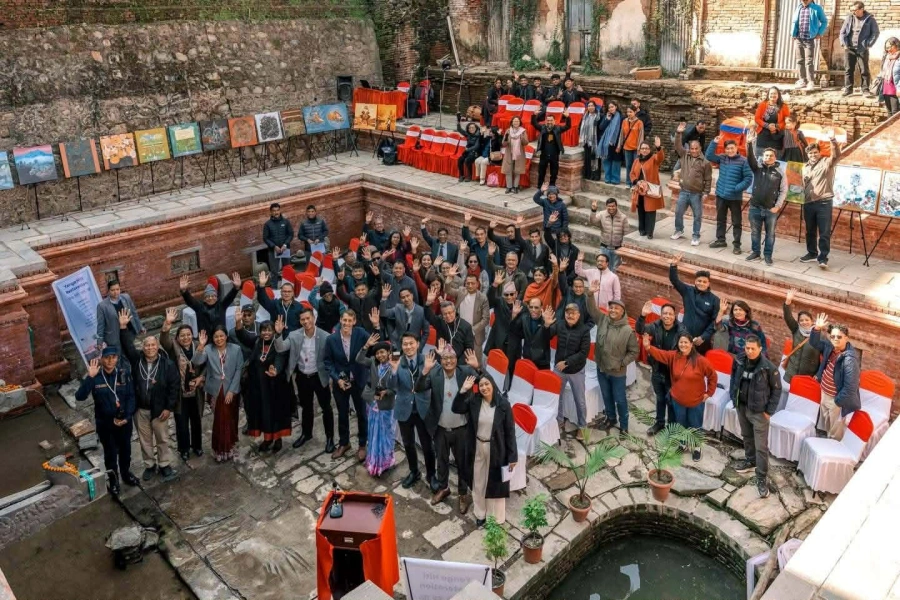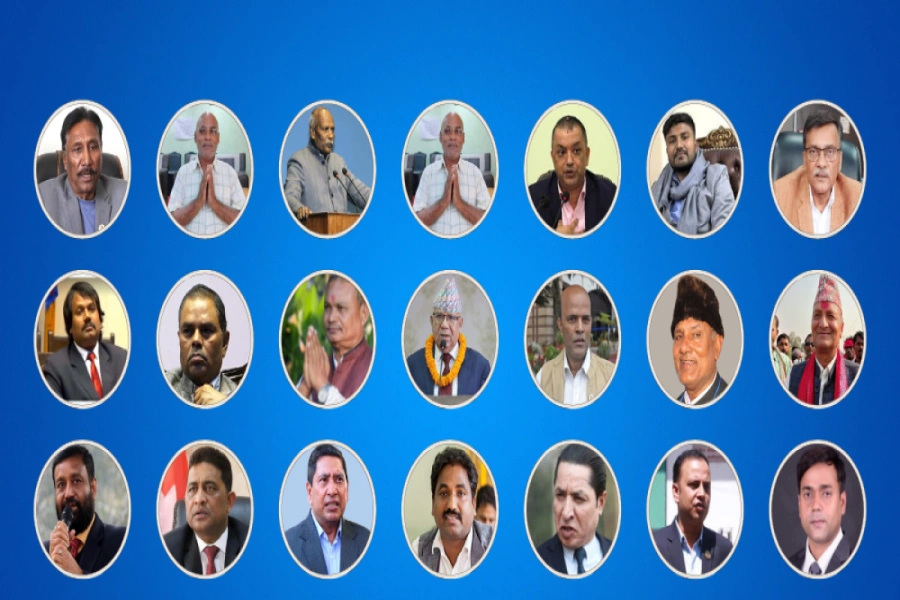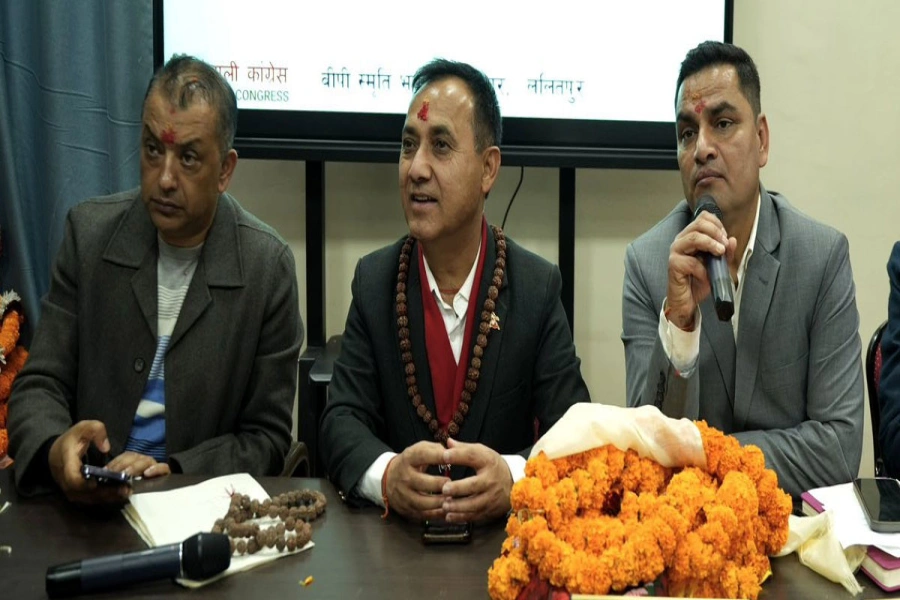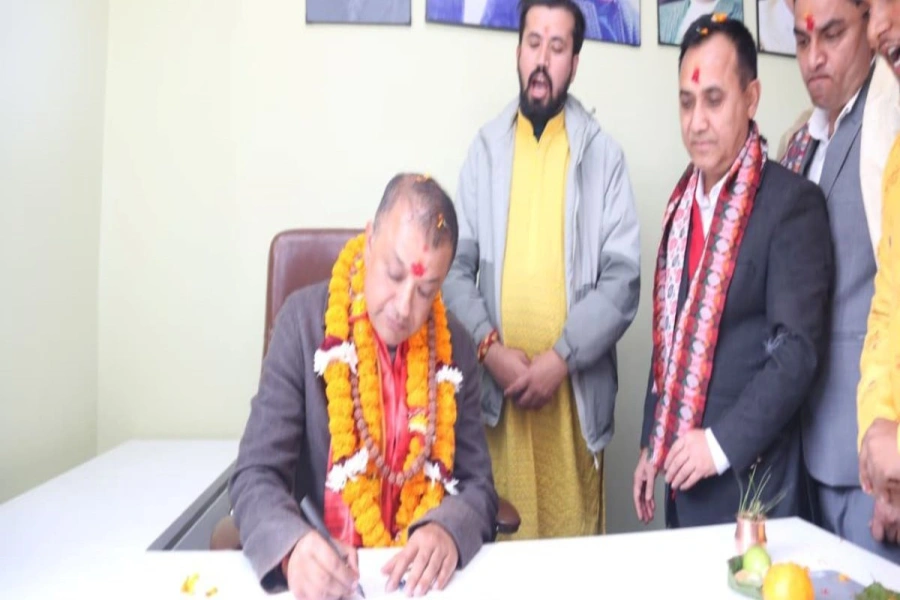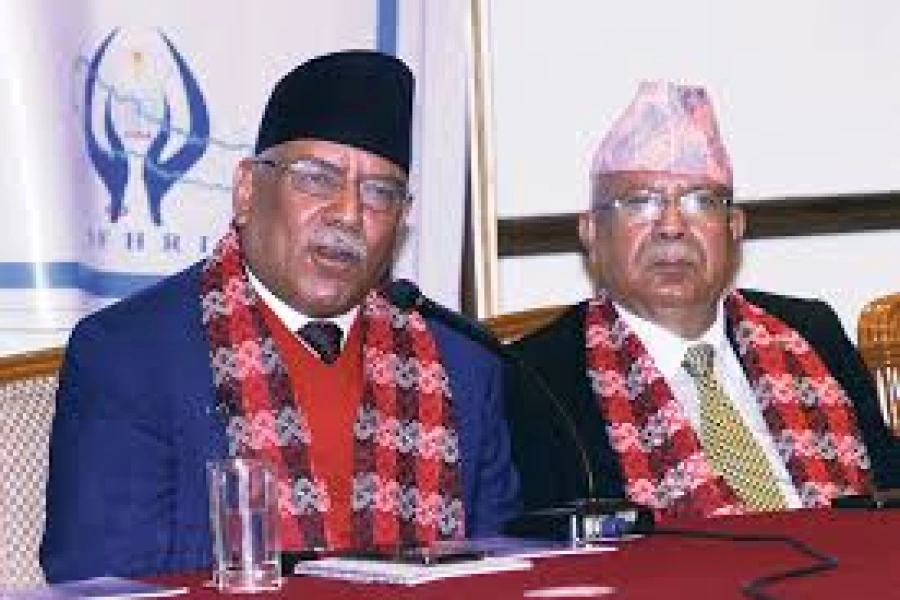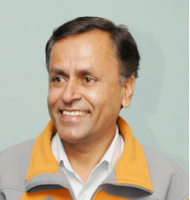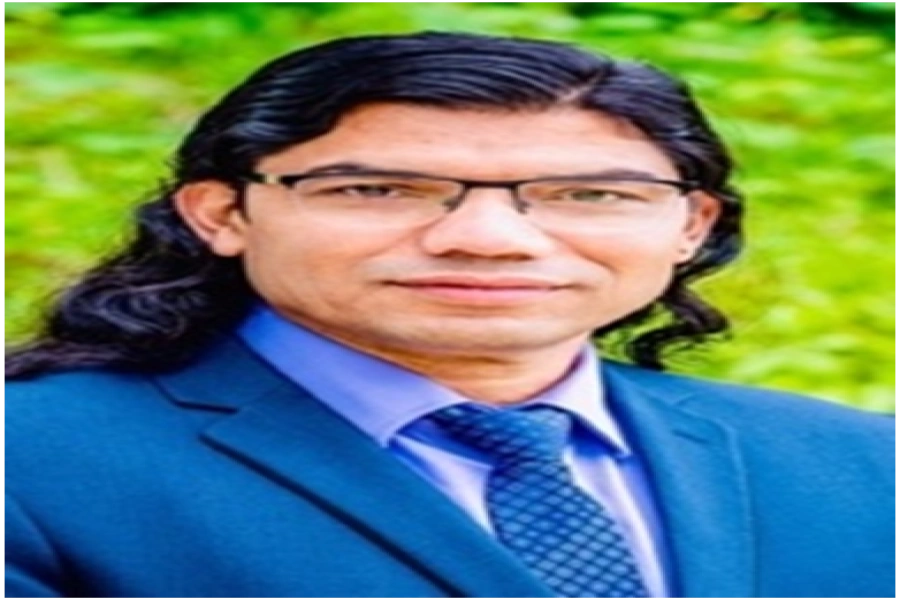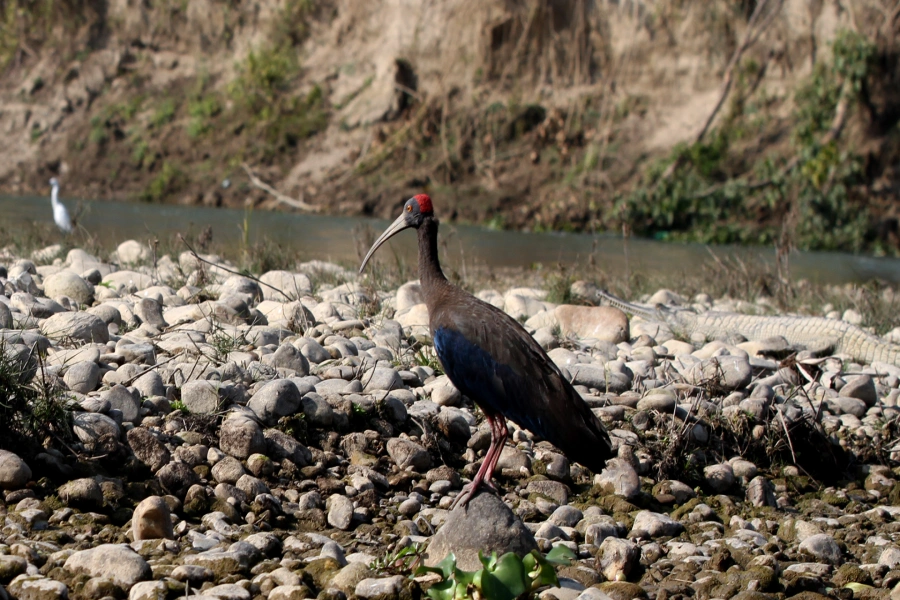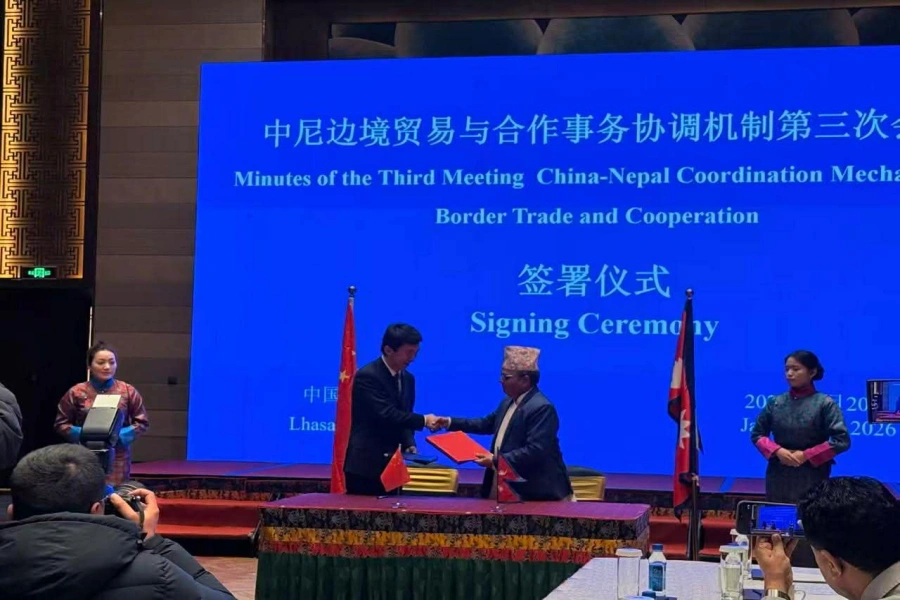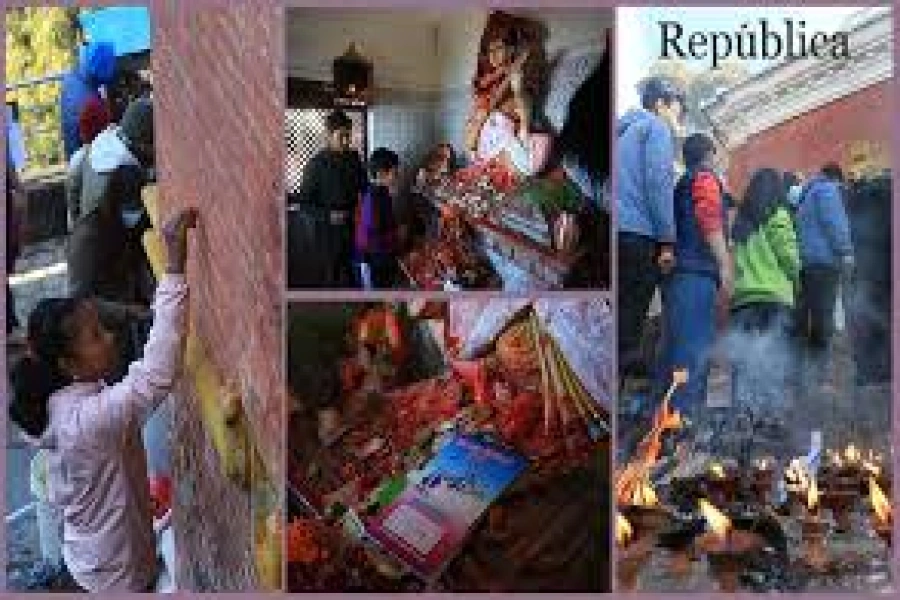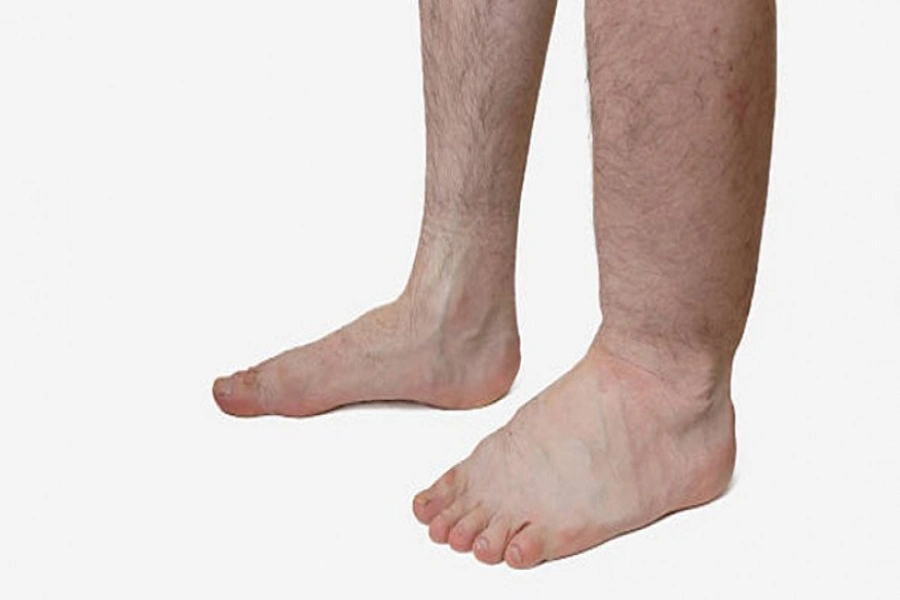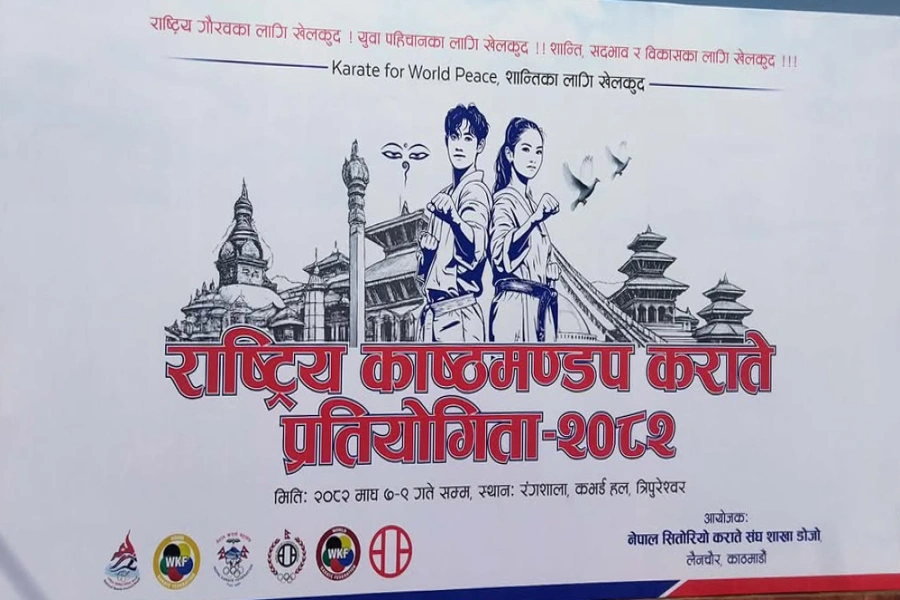Playing with power! The world’s oldest toy, passed down through centuries like a family heirloom. Kings, emperors, presidents, prime ministers–all took turns, but why stop there? Give the turn to nations with an overinflated sense of importance? Sure, why not? Back in the day, around two decades ago, we sat in MA English classes of Patan Multiple Campus, waxing poetic about the cleverness of patriarchy, only to realize that the whole thing boils down to society’s favorite necessary evil–power. It turns out that whoever holds the bigger stick enjoys using it, not just to wave around but to whack anyone with fewer sticks. And of course, it’s not just about gender. Power is far more inclusive in its ambition. It doesn’t discriminate. It maintains an equal-opportunity to bully. Men, women, entire countries–power just wants to push around whoever’s weaker. Isn’t that heartwarming?
But let’s not dwell too much on mere mortals. Why limit power’s delightful ability to wreak havoc to individuals when we can shift our focus to the global stage? You see, nations are just like people–some are big bullies, and others, well, they’re the unfortunate ones who get shoved into geopolitical lockers.
Take Asia, for example. There’s this big kid named China who likes to play “King of the Hill”. The South China Sea? It’s basically China’s backyard pool. Does anyone care about the little island kid, the Philippines? Of course not! China loves to intrude, tease, and throw a tantrum, flexing its territorial muscles whenever it feels like it. It’s all in good fun if you’re the bully, right? And recently, just to spice things up, China decided to cross into Japan’s waters too–because why not? When you’re big and powerful, borders are more of a suggestion than a rule.
Meanwhile, Europe’s running its own episode of “Power Plays Gone Wild” with Russia and Ukraine. The never-ending power struggle between the overbearing sibling (Russia) and the independent one (Ukraine) feels like a poorly written soap opera without commercial breaks.
Woman found dead at Tarkeshwar playground

It’s almost as if the entire war hangs on this pendulum of power, swinging back and forth, with one side saying, “I’m in charge,” and the other crying, “Not fair!” It’s less about “what’s fair” and more about “who’s boss,” because on this playground, fairness never showed up to play anyway.
And if you’re looking for power crossing a line (literally), look no further than Israel. Let me refrain. It's too complicated and complex even for satire!
But let’s not forget about the Middle East’s other drama magnet–Saudi Arabia. With its oil-rich empire, Saudi Arabia has been playing power games for decades. From using its vast resources to influence global politics to flexing its muscles in Yemen, this kingdom is no stranger to throwing its weight around. Why limit yourself to one playground when you can dominate several? Whether it’s geopolitics or oil markets, Saudi Arabia has perfected the art of controlling the narrative–because when you have power and oil, the world listens.
And let’s not even start on North Korea–the rogue kid on the playground who’s always threatening to throw something at the others. With its constant missile tests and nuclear bravado, it’s the nation equivalent of a kid lighting firecrackers just to see everyone else flinch. They don’t need to have the biggest stick; they just need to make everyone nervous enough to stay out of their way. You might wake up the next morning and see garbage-filled balloons in your yard.
So here we are, on the world stage, where power continues to be the ultimate triumph card, used to oppress, suppress, and generally create chaos wherever it goes. Accountability? Who needs to be accountable when you can just hold on to power and watch the rest of the world tremble? Whether it’s patriarchy or international politics, power has an annoying tendency to corrupt–without ever taking a day off.
But wait–before we get too caught up in international power plays, let’s bring it closer to home: the noble power of democracy. Democracy- the system where those in power are supposed to be accountable to the people. Supposed to, of course. Instead of holding the powerful accountable, the people are trained in a much more useful skill: resilience! That’s right. Democracy’s true gift is teaching the masses to endure, not question. Bad roads? Buckle up, it’s part of the ride. Corruption? Grit your teeth and bear it. Poverty? Just part of the character-building journey, right? Having empty pockets while the “public servants” become richer than ever? Well, that’s just democracy in action.
It’s almost poetic how, in this great system, the more resilient the people become, the more untouchable the powerful get. It’s like democracy is this grand magic trick where the people think they’re in control, while the ones at the top laugh all the way to their offshore accounts. Is this why the “powerful democracy” is being questioned across the globe? Maybe people are finally waking up from the resilience training program and asking, “Wait, is this how it’s supposed to work?”
Democracy is a noble system (thank God not sacred) that the majority of the world embraced, so we must reverently trace back to its origins. My little knowledge takes me back to the little city of Athens. Athenian democracy- a grand evolution from monarchic and oligarchic rule to a system where male citizens (of course, just the men) were blessed with the right to govern. By today’s standards, it wasn’t exactly “inclusive”- women, slaves, and non-citizens were graciously excluded from the political fun. But come on, at least ordinary men got to play government for the first time in history. Athens and its surrounding region had a population of less than 300,000. Clearly, this democracy was crafted for a small, manageable crowd. And now? Well, its chaotic, khichadi version, complete with ideologies both local and imported, has contextualized itself and spread across the world, adapting to all sorts of agendas. The largest democracy, India, now has 1.45 billion people. Isn't that just lovely?
So here we are, helplessly questioning democracy while it quietly trains us to endure the very things it was meant to prevent. A noble system, indeed - just don’t look too closely at the fine print, or you might start wondering if democracy is really as “powerful” as they say, or just another playground for those with the biggest sticks. But at least we’ve got resilience, right?







